Research
At Caney Fork Farms
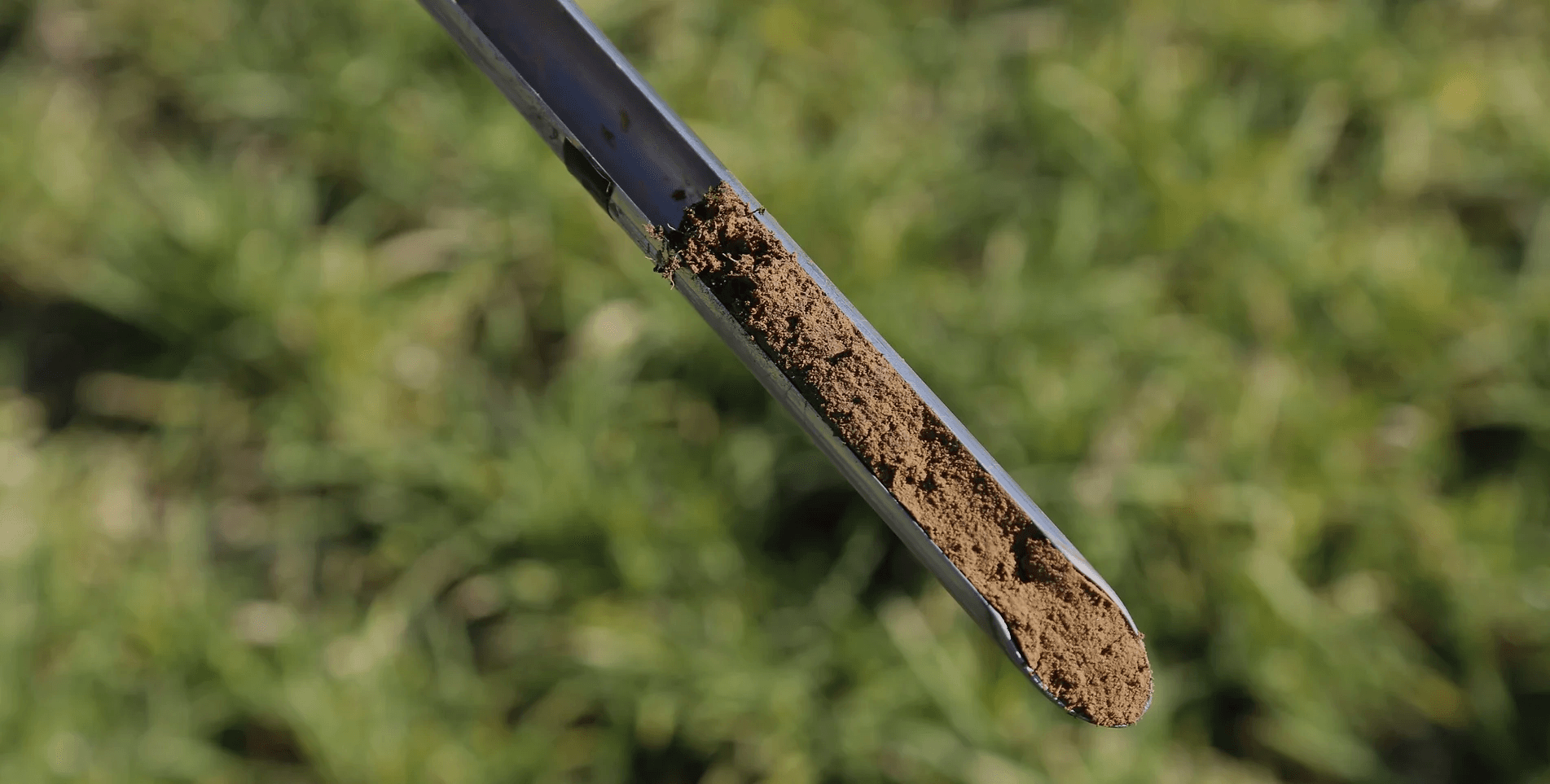

Soils of the world must be part of any agenda to address climate change, as well as food and water security.
Dr. Rattan Lal

Ongoing Studies
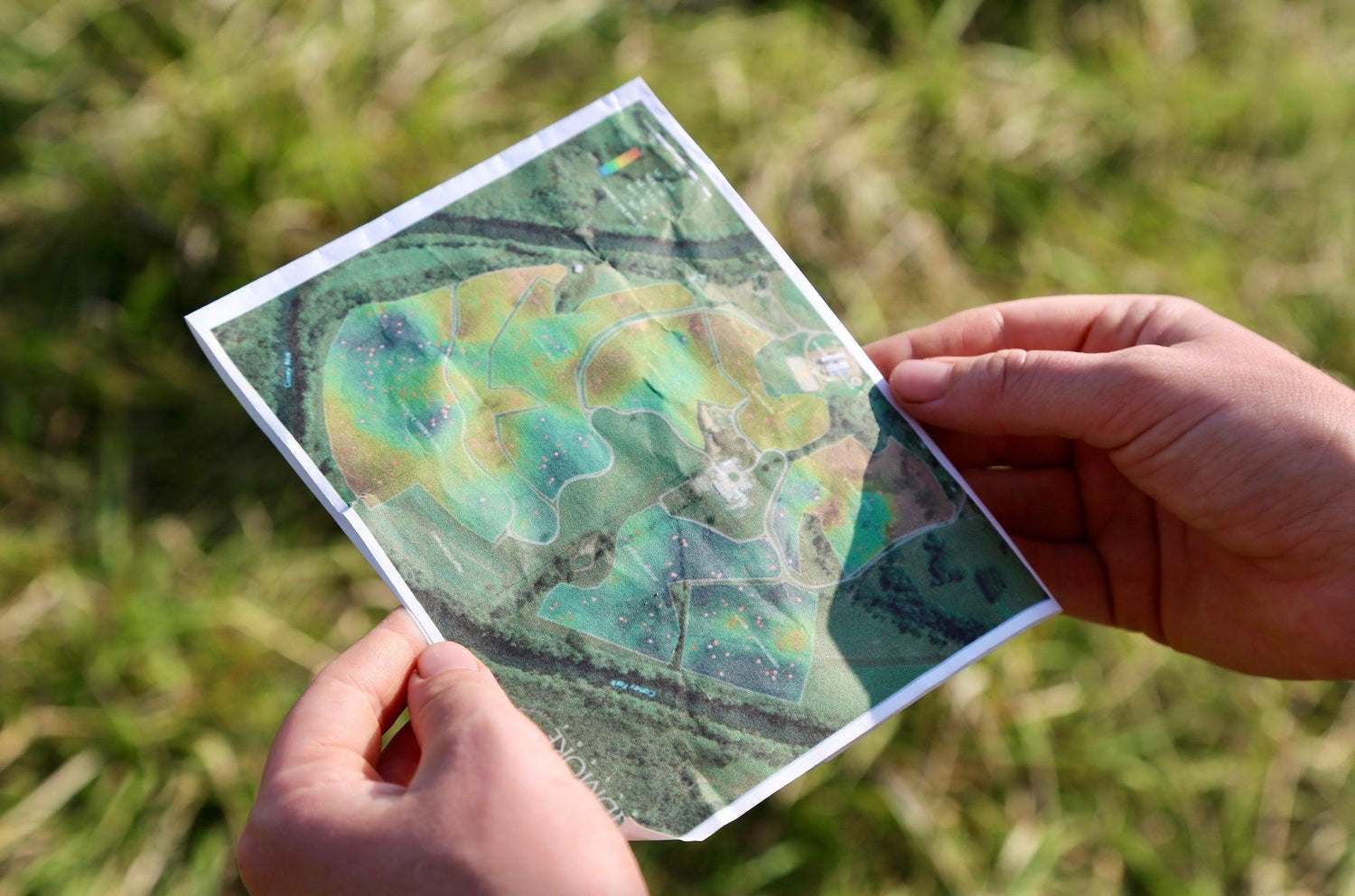
Optimizing Soil Sampling Design
As researchers tasked with measuring soil properties – in particular soil carbon – we are constantly asked a number of familiar questions. How many samples should I take on my farm? Where on my farm should I take samples? In our paper “Optimizing Sampling Strategies for Near-Surface Soil Carbon Inventory: One Size Doesn’t Fit All” we seek to address these questions by taking a deep look at soil properties on Caney Fork Farms, among three others.
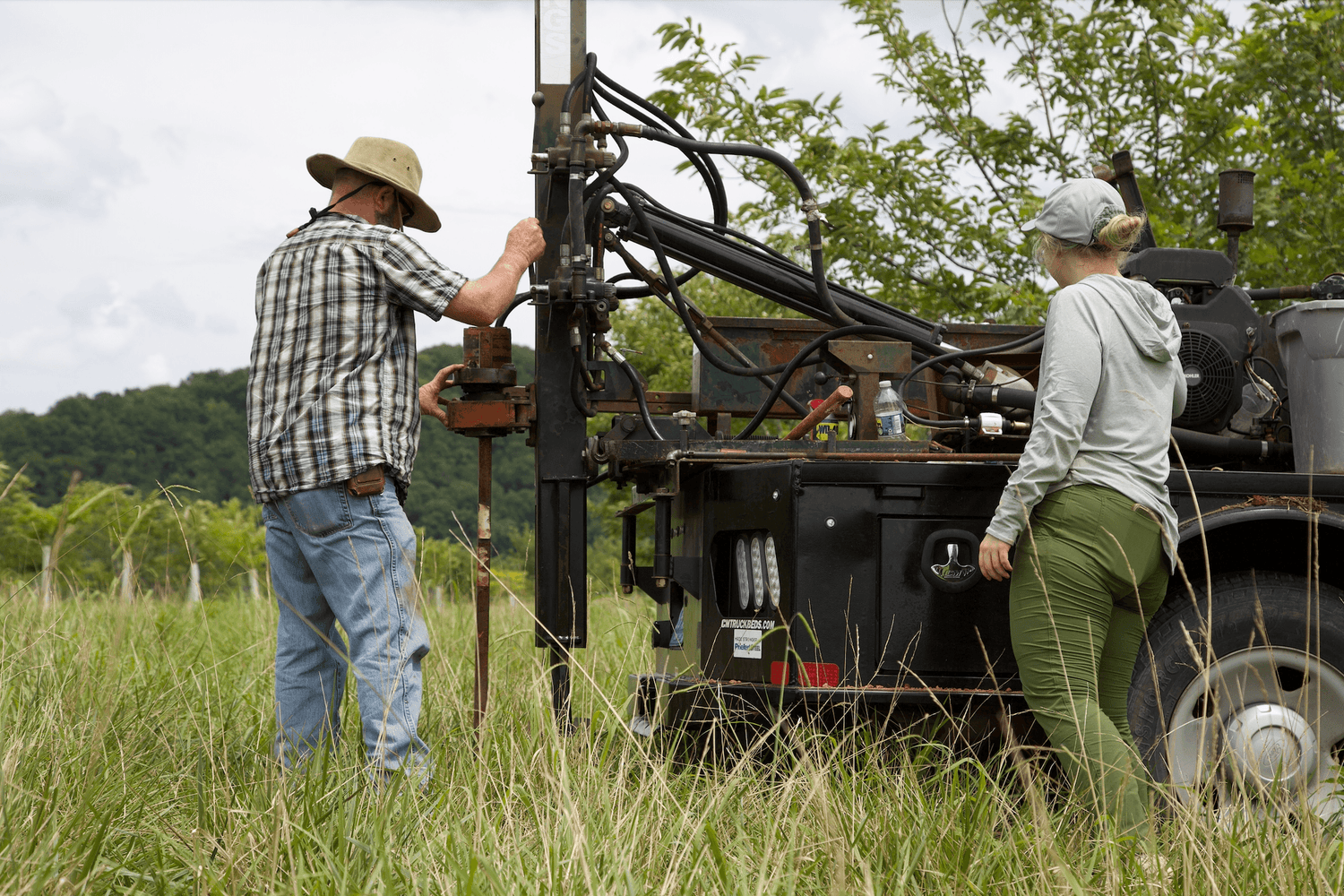
Soil Carbon Accumulation in Organic Agroforestry System
Organic farming relies on different intensities and frequencies of tillage to minimize weed pressure and to integrate organic nutrient sources. In annual organic cropping systems, tillage is critical to establish and maintain a good crop stand for satisfactory productivity.
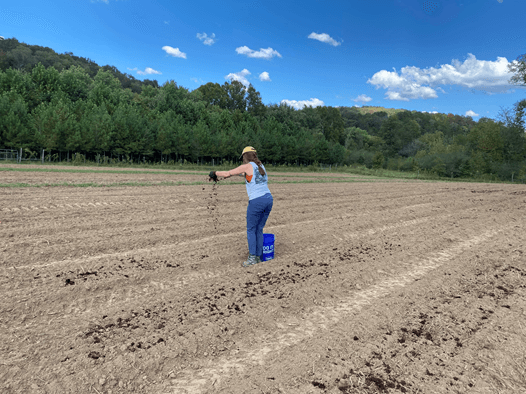
Specialized Organic Amendments for Soil Health in Organic Systems
Organic farms heavily rely on compost and other organic sources to meet soil fertility needs. Windrow compost is currently the most widely used nutrient source in organic farms. However, reliance on windrow compost has several drawbacks, including high labor and capital costs, high application rate to meet crop nutrient requirements, and transportation to farm if on-farm production in such large quantities is not feasible.
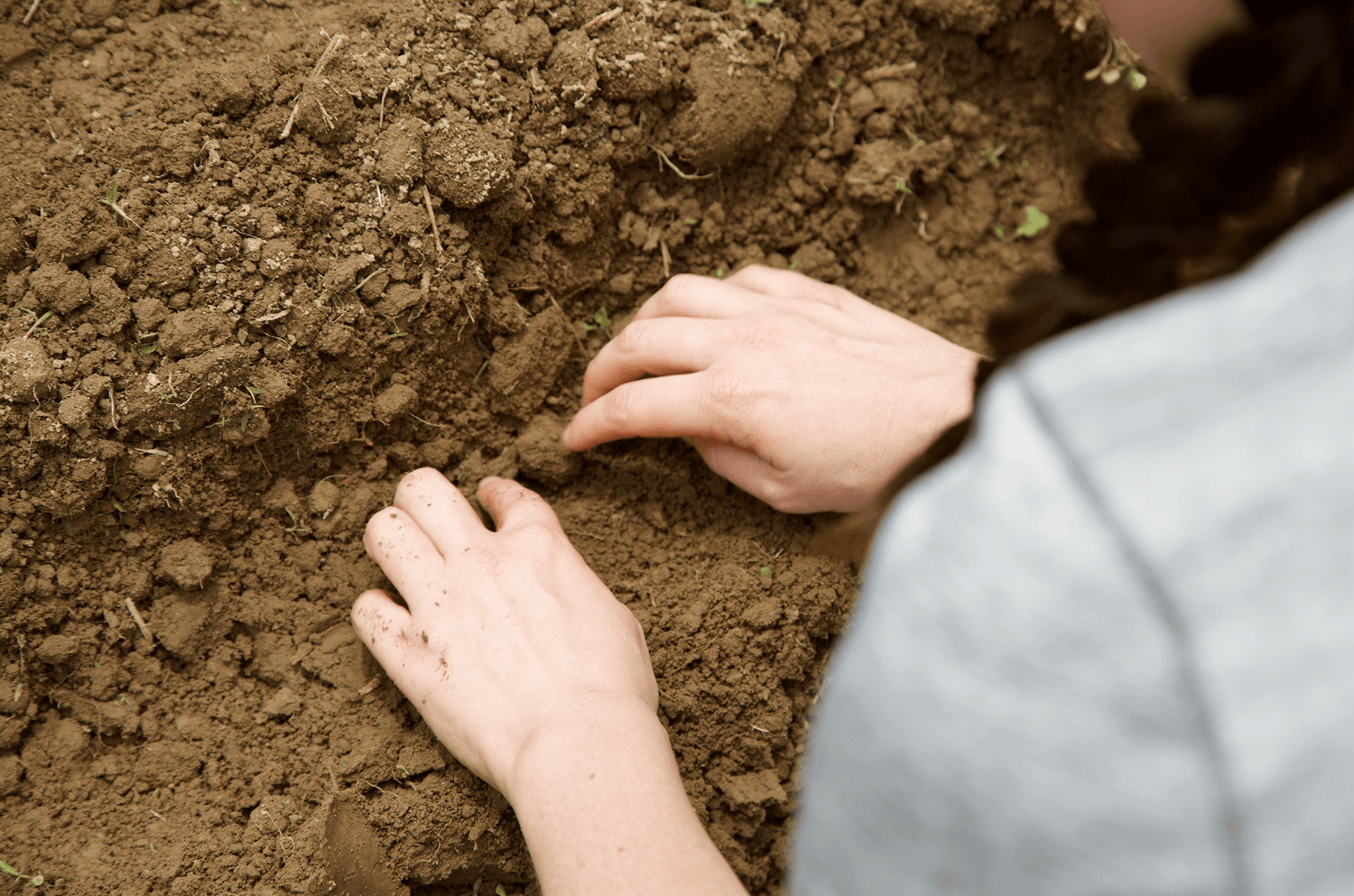
The Soil Microbiome
Soil is teeming with life and harbors millions of distinct bacterial and fungal species, estimated to make up about half of our planet’s biodiversity. Consider that a handful of healthy soil has more living microorganisms (microbes for short) than people on planet Earth. These soil microbes fulfill essential functions that impact a soil’s physical and chemical properties and overall soil health.
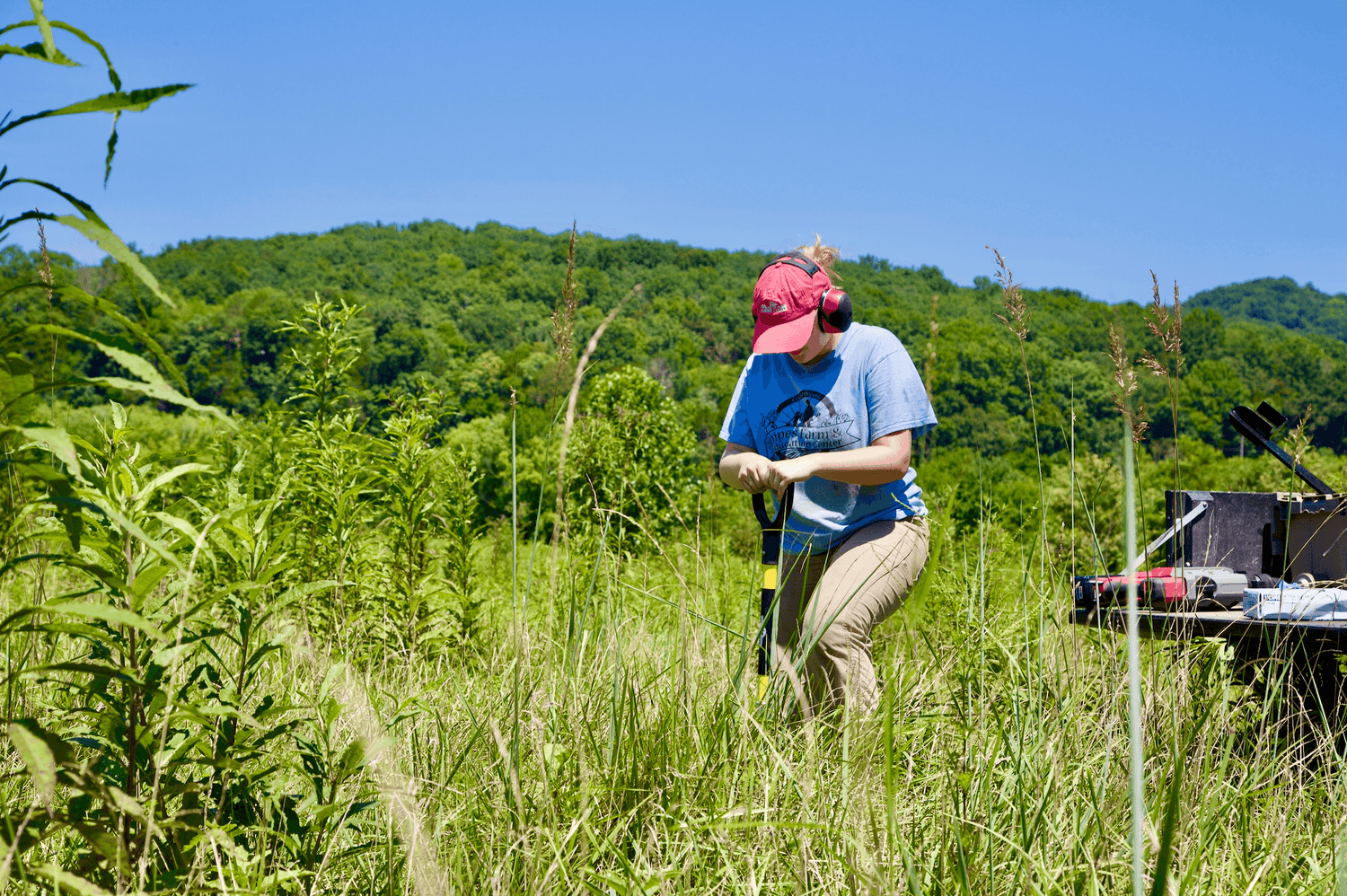
Research & Development on Soil Sampling Tools
Assessing soil carbon at the farm scale can be expensive and time-consuming. A particularly pressing, yet under-researched challenge, is the need for innovative field hardware that enables untrained users to quickly collect soil from fixed depths. Because they provide greater efficiency and ease of use in the field, new tools could provide significant cost savings over existing methodologies.
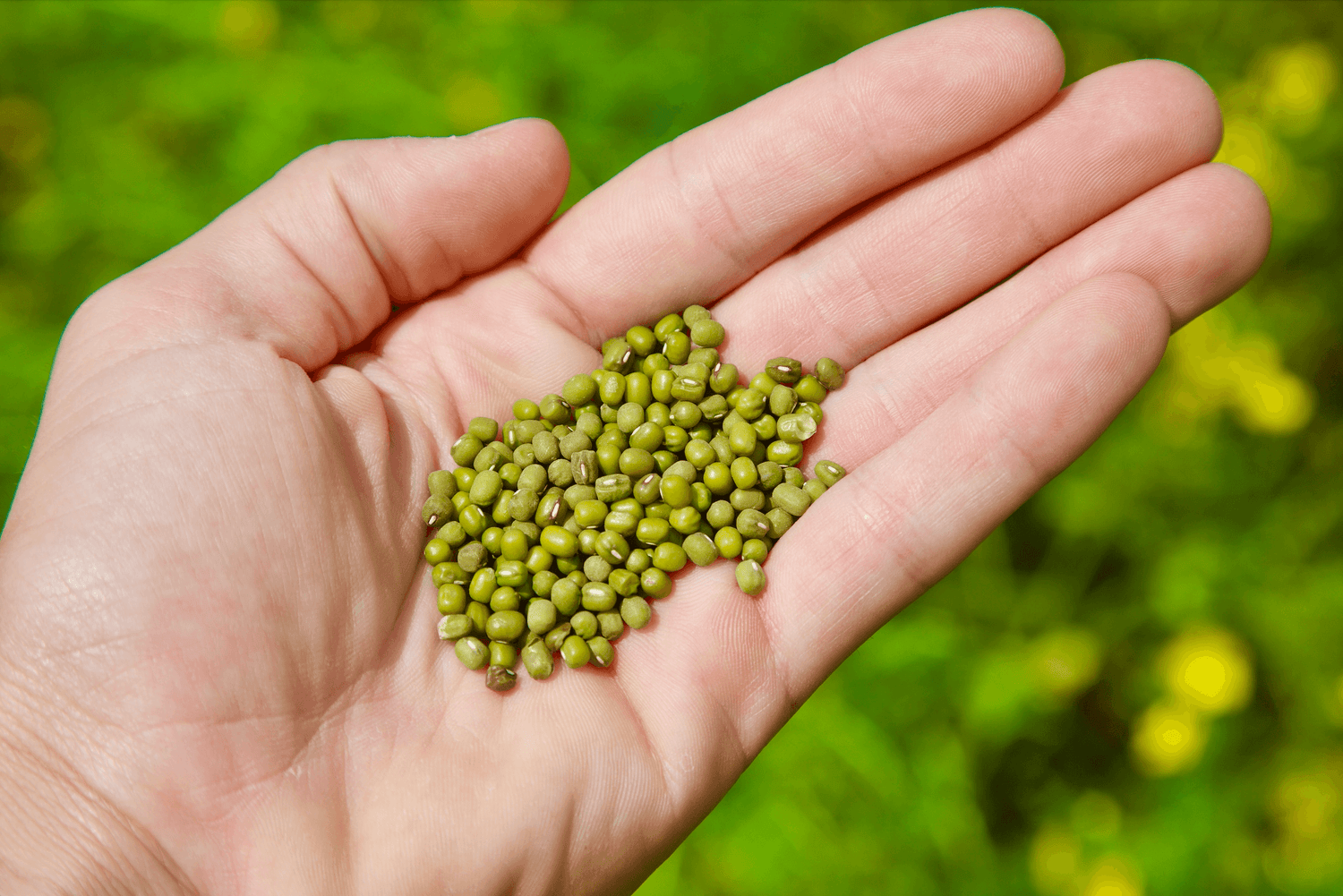
Mung Bean Trial In Tennessee Organic Growing Conditions
Pulses, part of the legume family (Fabaceae), are globally cultivated, with production in Africa, Asia, and the Americas. The mung bean, scientifically known as Vigna radiata (L. Wick), stands out for its protein content (22-24%). Noteworthy is the unique nutrient distribution in the mung bean seed, with protein concentrated in the embryo and higher starch and fiber in the seed coat and cotyledons.
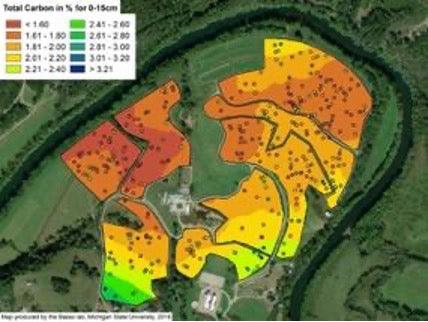
Evaluating Spatial Variation in Plant Productivity Using Satellite Images
Caney Fork Farms is deeply committed to regenerating the soils and ecosystems across the farm.This project aims to quantify the changes in soil carbon and plant productivity over time and within the variable landscape that the land CFF presents. We analyzed images from NASA Landsat, ESA-Sentinel-2, and Planet to assess spatial and temporal variability of plant productivity.

Meet The Research Advisory Board
Our research program was founded in 2018 with the goal of testing real-world challenges and opportunities that farmers face every day. We collaborate with a group of scientists and researchers from various universities and labs around the country. Below is a brief description of the researchers involved with Caney Fork Farms.
Research Questions for Caney Fork Farms
We are committed to producing research that is beneficial to our community. Whether you’re a local farmer or curious eater, please use this opportunity to share with us your research interests. While we cannot guarantee that we’ll be able to develop each suggestion into a full research project, your input is valuable as we create yearly research plans.
Contact form
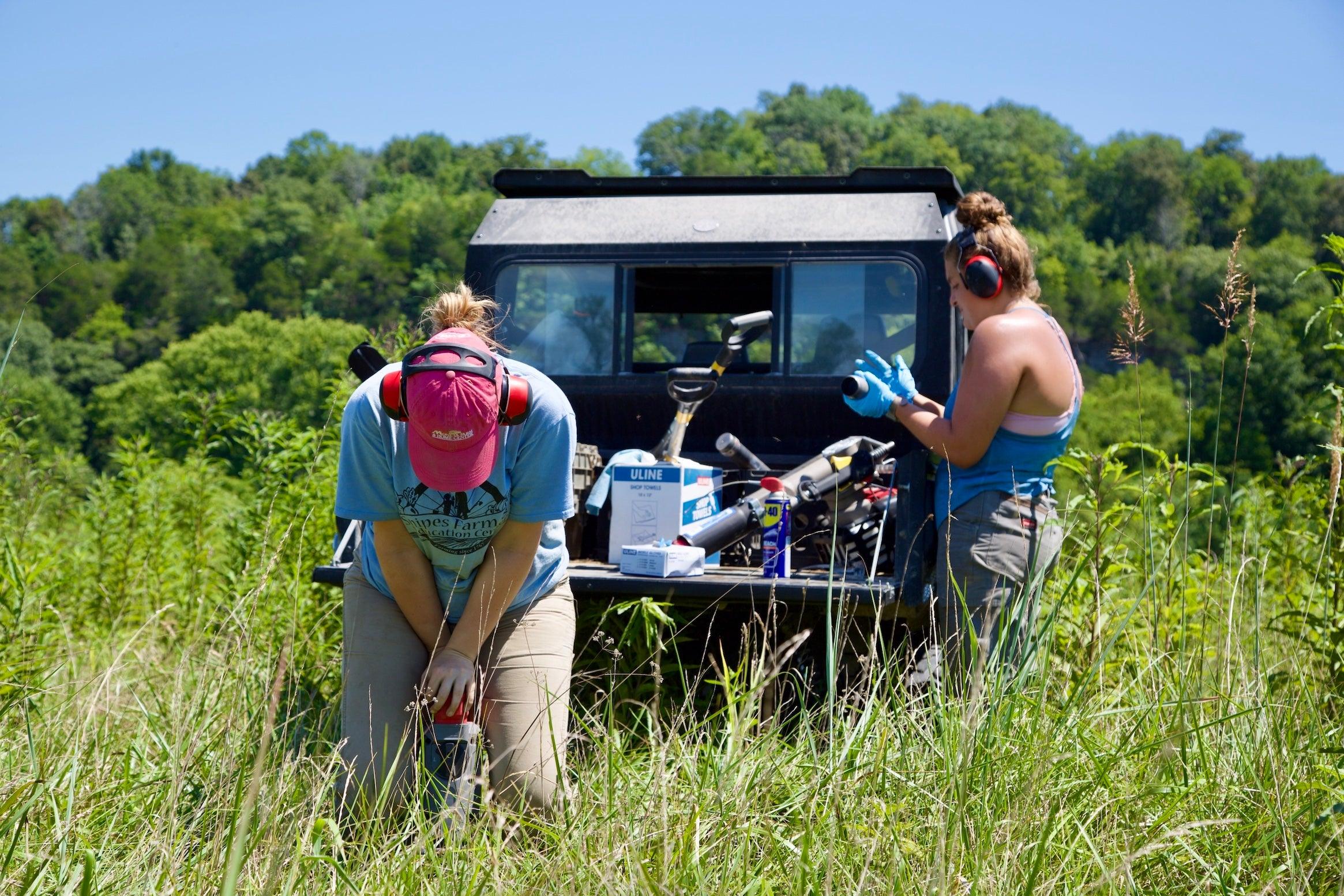
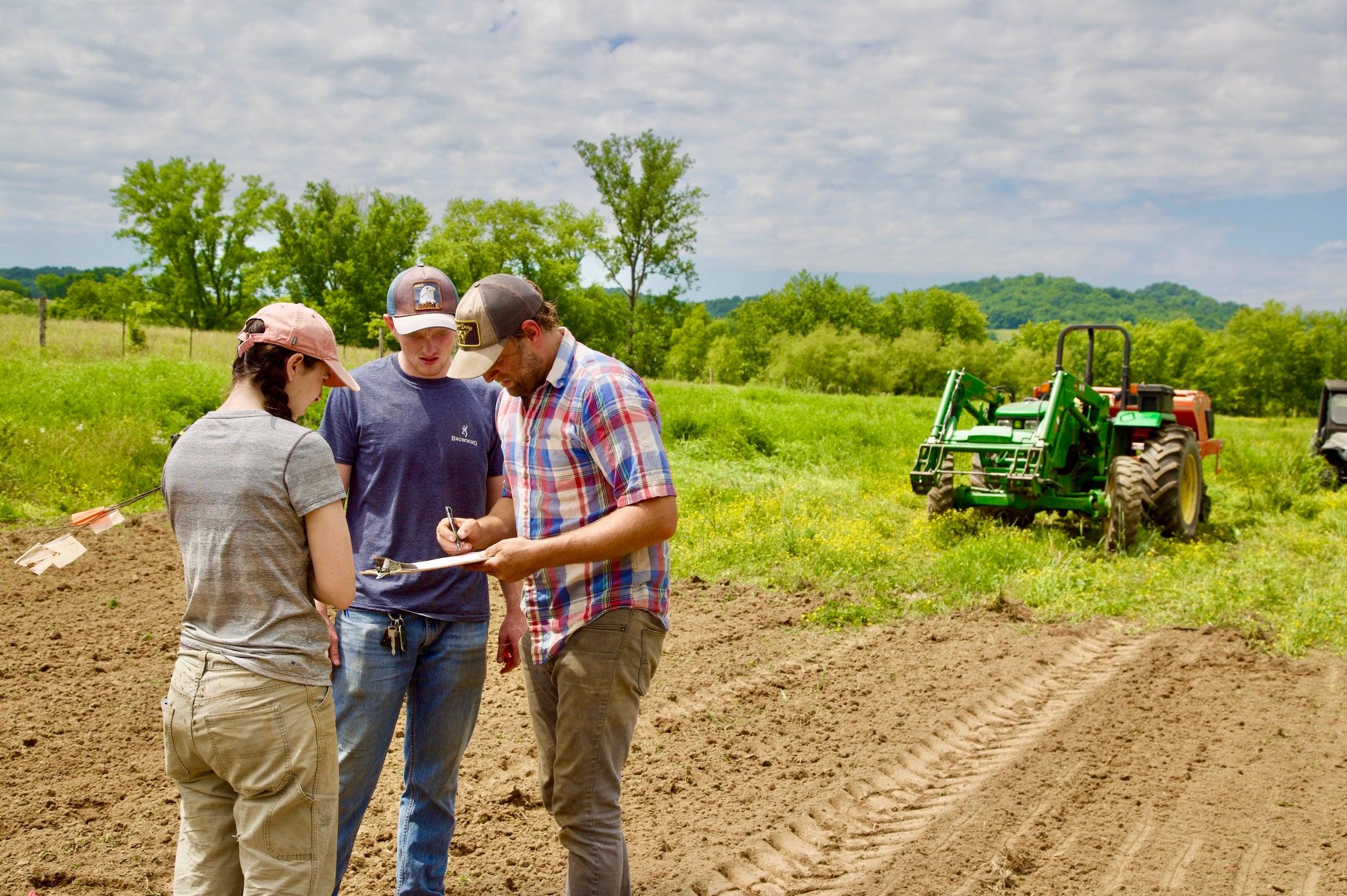
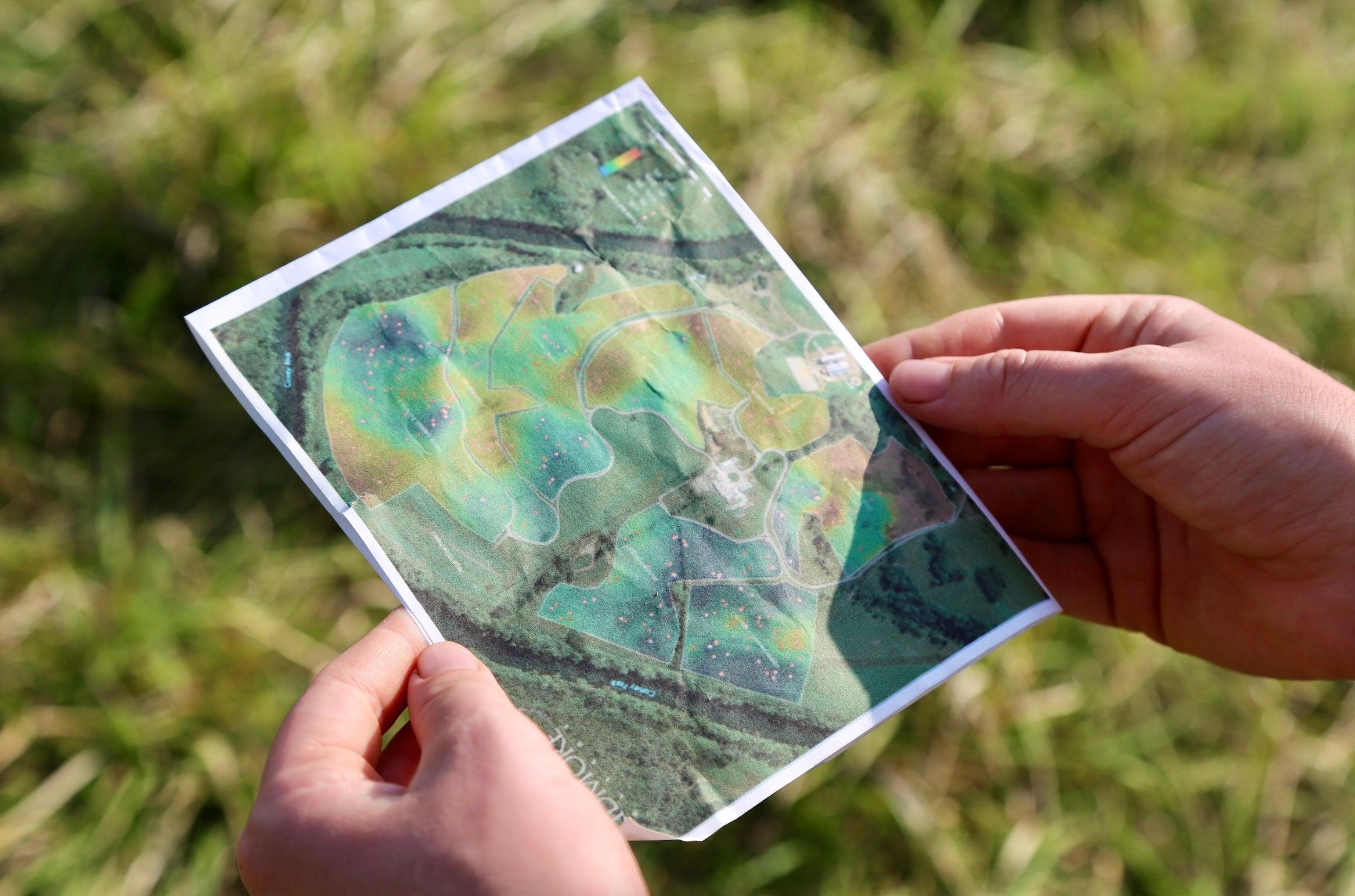
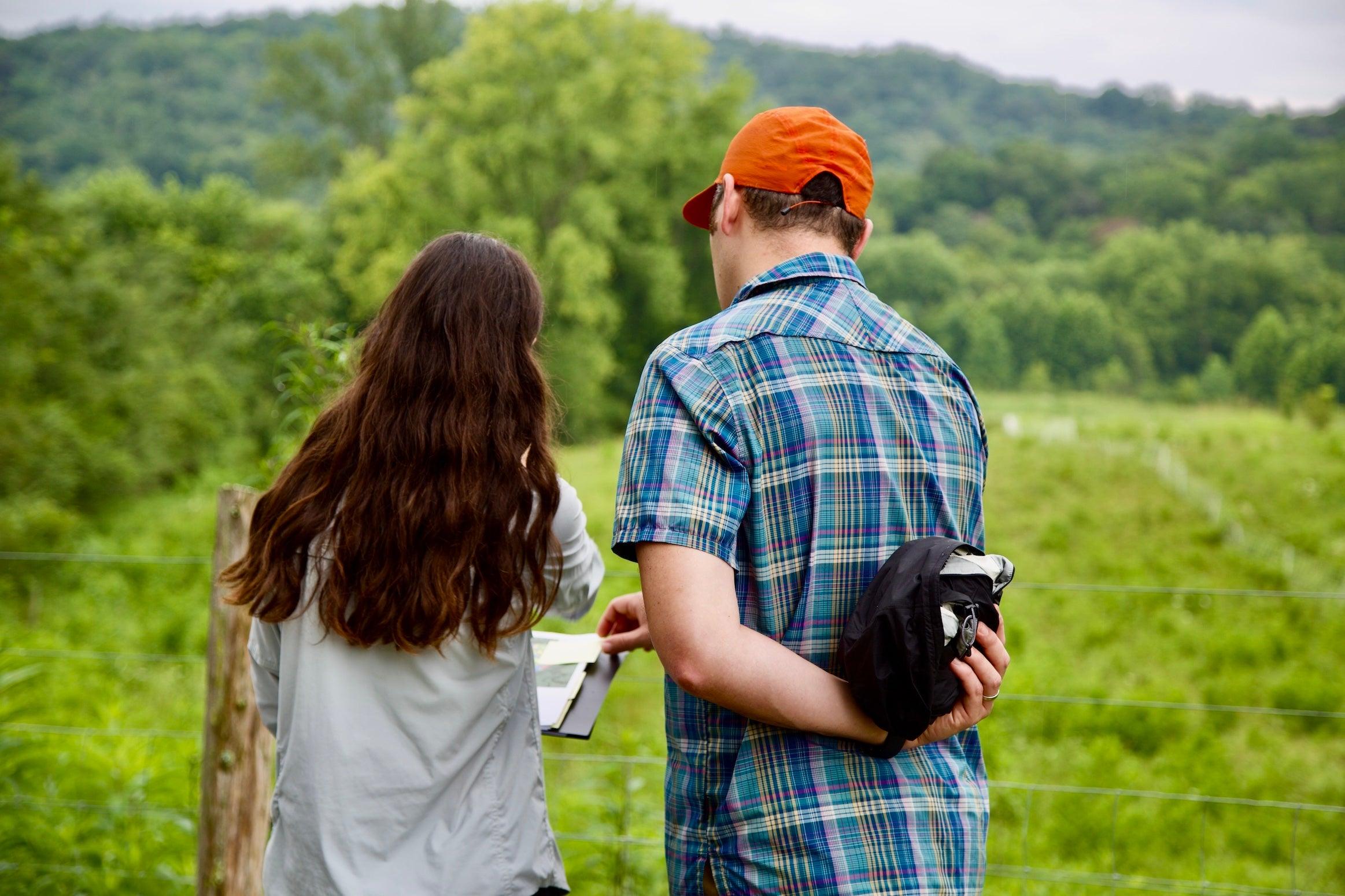
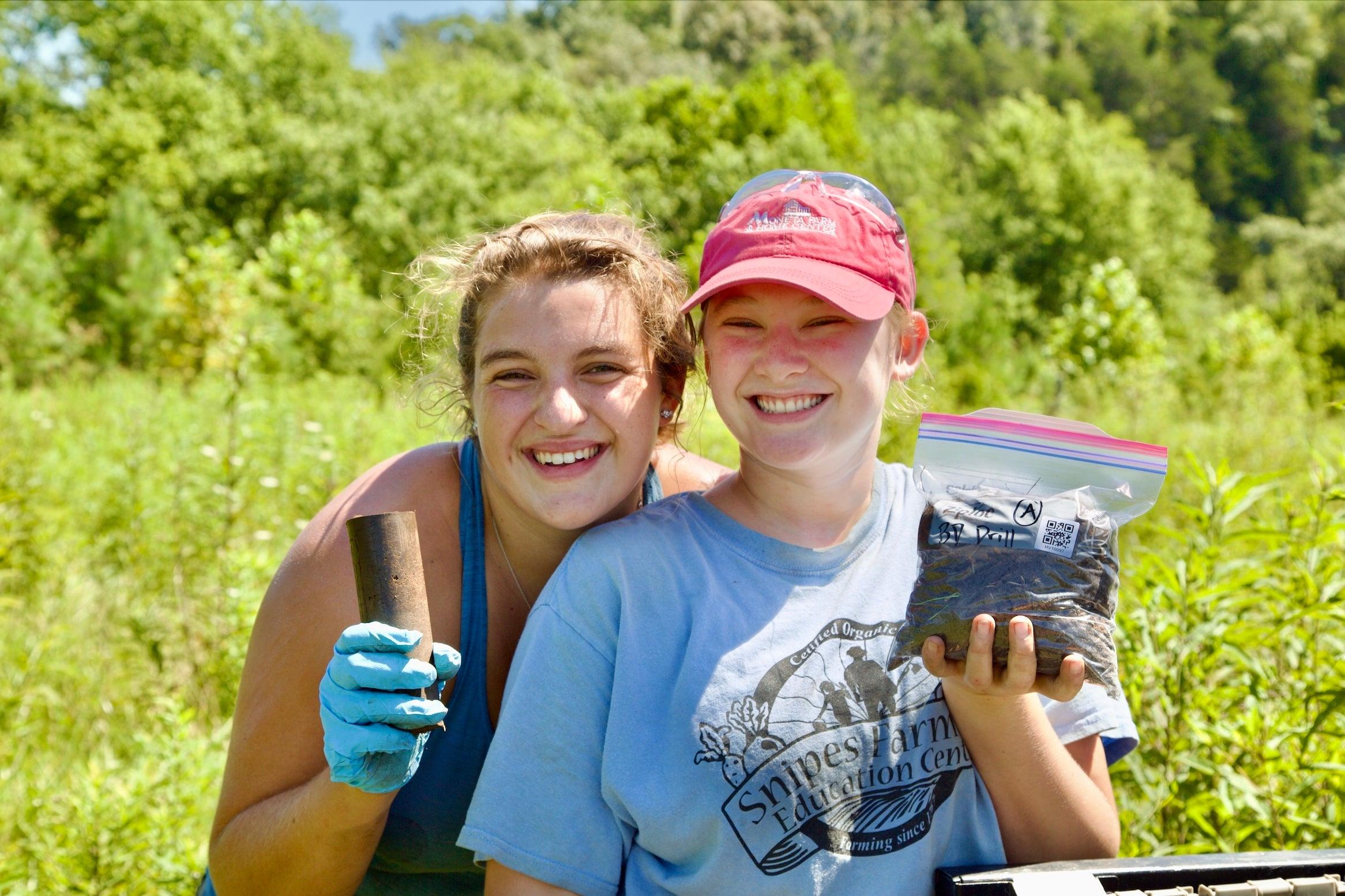
Save 10% on your first purchase
Never miss our updates about new arrivals and special offers
